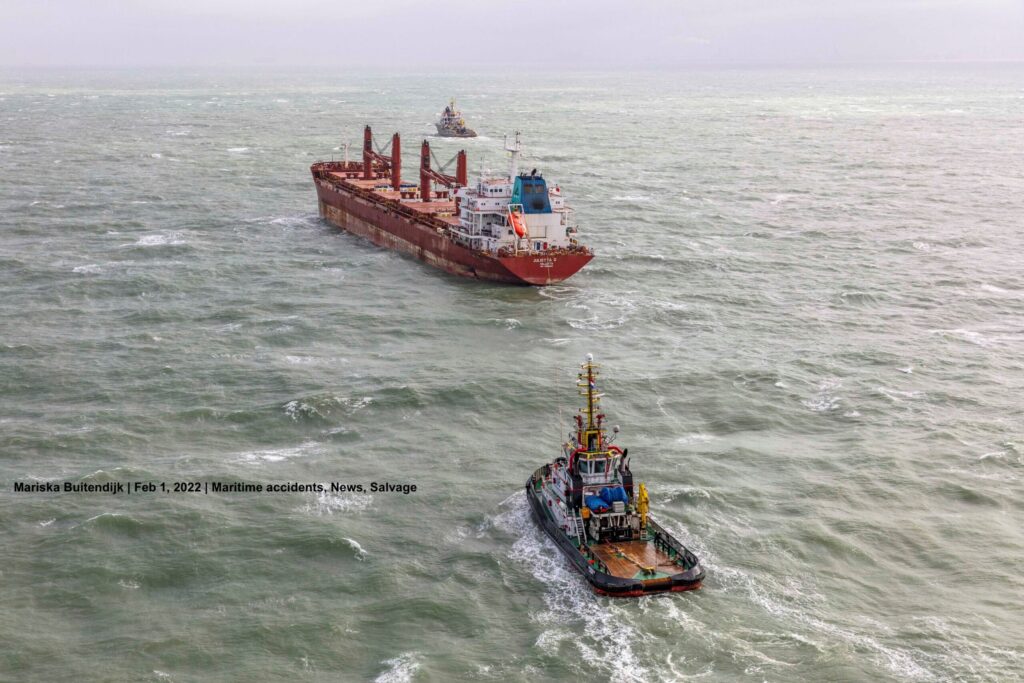
Enhancing Disaster Risk Management: The North Sea Pilot Region on the Second Focus Group
The MYRIAD-EU project is making significant strides in disaster risk management with its North Sea pilot, led by Deltares and supported by the British Geological Survey. The recent second Focus Group (FG2) meeting gathered key stakeholders, such as the Netherlands Wind Energy Association (NWEA), AON and TNO, to validate findings and discuss future impacts and risk management strategies for the crowded North Sea region.
Sharon Tatman from Deltares highlighted the future impacts of climate change on the North Sea, referencing the Dutch KNMI 2023 scenarios. Accelerated sea level rise, increased sea temperatures, and extreme weather patterns—such as wetter winters with larger hailstones and drier summers with intense showers—pose significant risks. These changes threaten navigation, infrastructure, and the ecosystem, underscoring the need for optimised spatial planning and risk management measures.
David Geurts emphasised the importance of understanding the North Sea system’s hazards and impacts on sectors like energy, nature, and shipping. High waves, storm surges, and northwesterly windstorms could increase accident probabilities and affect wind farms and port operations. Additionally, environmental concerns such as heat waves, acidification, and reduced biodiversity were noted. And meanwhile, the North Sea is becoming increasingly crowded with all countries planning offshore wind farms, new shipping lanes, fishing grounds, and other uses.
Sectoral Risk Management Measures
Stakeholders explored various risk management measures tailored for each sector. David Geurts presented a matrix showing how these measures interrelate, highlighting potential conflicts and synergies. For instance, opening wind farms for shipping would lead to increased traffic in wind farms and thus could negatively impact energy measures related to alternative energy sources and hydrogen production.
Participants reviewed and validated the proposed measures, offering valuable feedback and suggesting additional strategies. Key discussions included:
- Deburial of cables and potential management measures in this regard.
- The potential and challenges of hydrogen as an energy option.
- The efficiency limits of larger wind turbines and height restrictions.
- The benefits of ecosystem-based management, which ensures projects are net positive for nature.
These insights will be crucial in formulating Multi-Risk Dynamic Adaptation Pathways (DAPP-MR) over the coming months. The final pilot workshop, scheduled for early 2025 in either the UK or The Netherlands, will consolidate these efforts.
By fostering cross-sector collaboration and proactive measures, the project aims to build a more resilient and adaptive future for the North Sea region and beyond.
